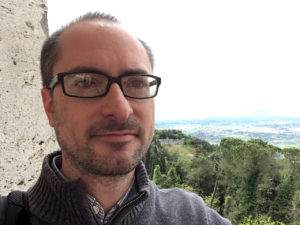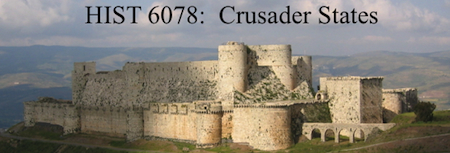The official website for BBC History Magazine interviewed our colleague, Prof. Nicholas Paul. Read Prof. Paul’s comments below:
Confronted with the message, propagated by both the European and Anglophone extreme right and Islamic jihadist groups, that we live in an age of renewed conflict between Islam and the west, many people may understandably conclude that we have inherited an ancient legacy of holy war. We have – though not in the way that many imagine.
The legacy of the crusades today is not due to the continuity over time of any medieval crusading institution. After all, the crusade indulgence offered by the church – a central element of the architecture of these holy wars – had effectively disappeared by the 17th century. Surviving crusading orders, such as the Sovereign Military Order of Malta, are now devoted to charitable work. And no modern state, whether in Spain, the Baltic or the eastern Mediterranean, can trace its origins to the ‘crusader states’ established by medieval conquests. Too much historical water – reformation, revolution, global exchange, the rise and fall of empires, the shock of modernity – has passed under the bridge for any modern community to still bear marks of crusading violence.
The legacy of the crusades is, nonetheless, powerful, primarily because of the passions and predilections of 19th- and 20th-century Europeans. They found in the crusades a useful past through which they sought to understand their own world of overseas empires, warring nations and rapid social change. These modern observers constructed a storehouse of popular images and stories – such as the epic encounter of Richard I and Saladin during the Third Crusade – and used them to make claims about morality and collective identity.
Western Europeans took these images and attitudes abroad – for example, in 1898, when Kaiser Wilhelm II re-enacted the conquest of Jerusalem and rebuilt Saladin’s tomb at Damascus, laying a gilt bronze wreath (later taken by TE Lawrence and now displayed in London’s Imperial War Museum). It was in this modern context that a new historical memory of the crusades was constructed – one that stripped away fundamental elements of crusading history and is easily co-opted by those who would make a ‘clash of civilisations’ seem habitual and inevitable.
To read the entire conversation, click here:







